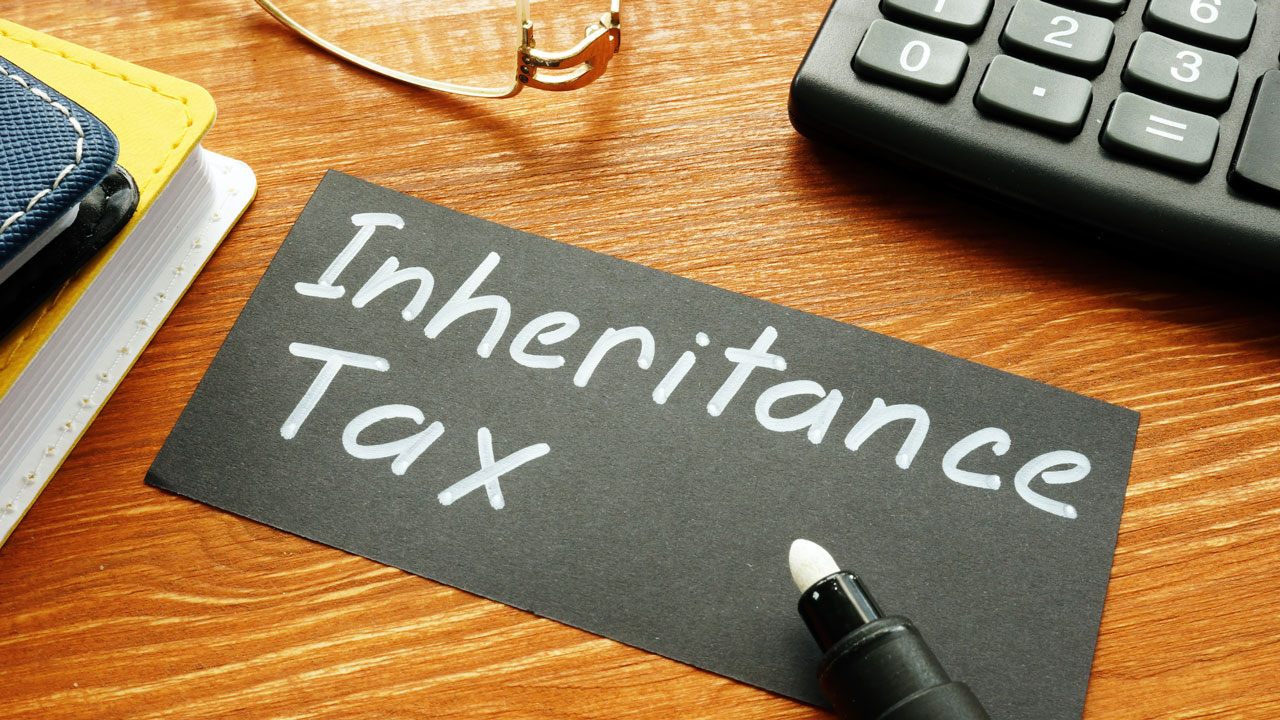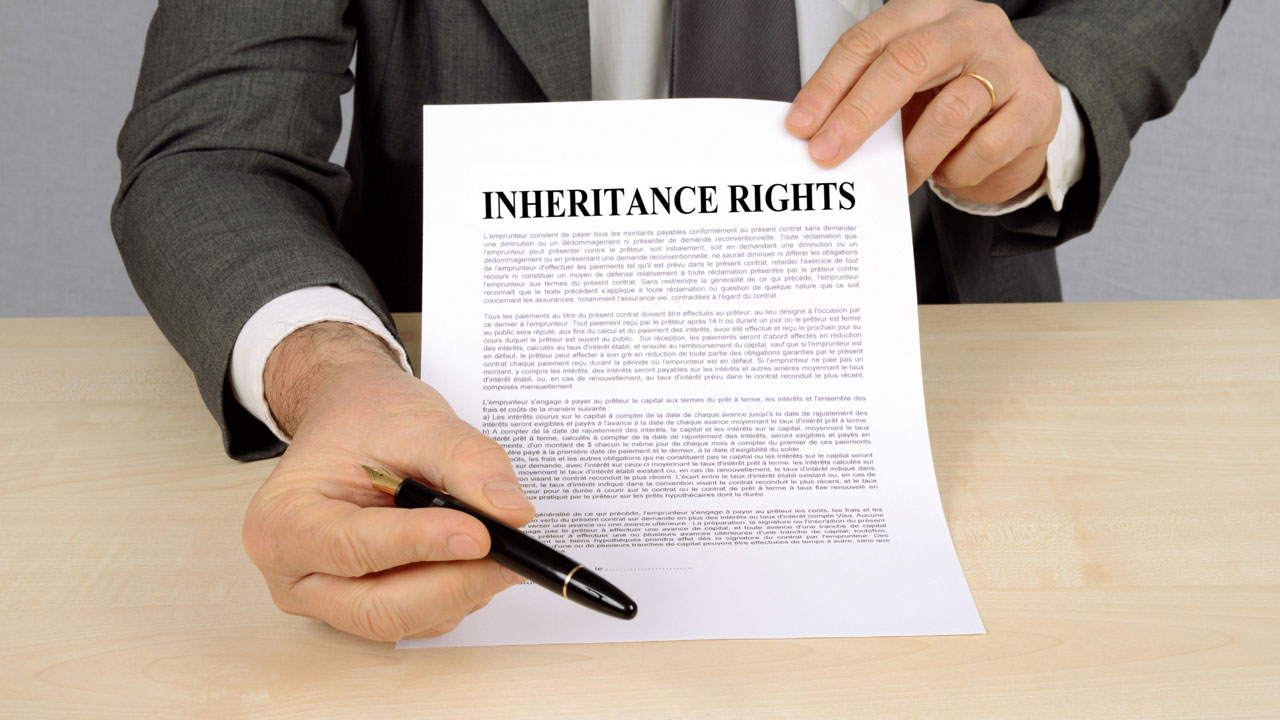Developing an estate plan with an Orange County estate planning attorney ensures that you and your family are protected in the event of death or disability. It incorporates documents that reduce your beneficiaries' tax liabilities, provides a smooth transition, and helps protect assets and primary residences should long-term care be required.
Let's examine why an estate plan is so important and why it provides peace of mind for you and your family.
The Benefits of an Estate Plan
No matter your age or status, everyone can benefit from an estate plan. It protects you, your family, and your property should you become incapacitated or pass on. The following represent just a few of the many benefits achieved by an estate plan.
- Lists your beneficiaries or who will receive your assets after your death.
- Names guardians or who will care for your minor children and pets.
- Names an executor, the person responsible for handling your affairs should you become incapacitated or pass on.
- Maintains the value of your estate by avoiding probate court and the significant fees involved.
- Ensures a smooth transfer of assets, reducing delays and family disputes.
- Establishes guidelines for end-of-life care.
- Names individuals who will be responsible for financial and medical decisions should you become unable to make them.
The Documents That Make Up an Estate Plan
One of the essential characteristics of a well-executed estate plan is that it needs to be clear and concise. Unfortunately, too many families find themselves embroiled in unnecessary legal battles because the documents in an estate plan did not carefully lay out the deceased's intention.
An estate planning lawyer can make sure these documents clearly define your wishes.
Let's look at a few of the necessary documents and how they help you and your loved ones.
Last Will and Testament
The last will and testament outlines your final wishes, including the distribution of your assets. It also names the executor, the person who will be responsible for handling the distribution of your estate. If you have minor children, this is where you name their legal guardian. If you have pets, leave instructions for their care.
If you pass on without a will, you die "intestate." This means that the state will determine who receives your assets and take care of your children. It's not uncommon for a judge to make different choices than you would have.
Living Will
A living will, also known as an advance directive or advanced healthcare directive, is a legal document that lets your loved ones and medical professionals know your wishes regarding life-prolonging treatment should you be unable to do so.
For instance, this document lets healthcare providers know if you want to be put on life support, when to withdraw life support, and under what conditions. It may also include do not resuscitate orders and if you would like your organs donated after death.
Power of Attorney
A durable power of attorney enables you to name someone who will make decisions for you should you become incapacitated. The healthcare power of attorney, also known as a healthcare directive, names the person that can make decisions regarding your healthcare when you are unable to.
The financial power of attorney gives someone the authority to make financial decisions and transactions on your behalf. While two separate documents, you can name the same person for both responsibilities. It's best to speak with an estate planning lawyer Orange County regarding this important decision.
Living Trust
A living trust offers many benefits, including the fast distribution of your assets, reduced tax burdens for the beneficiaries, and the ability to keep your financial matters private. In essence, this document keeps your affairs out of probate and the court system where the proceedings become public knowledge.
Probate can also result in extensive delays and escalating costs that can significantly reduce the size of the estate before your beneficiaries receive any assets.
A trust holds your assets and property, and you serve as the trustee during your lifetime. After passing, the designated trustee takes over. This person is responsible for managing the trust and distributing the assets based on your instructions.
There are different types of trusts. One is a revocable trust which may be changed throughout your lifetime. An irrevocable trust provides additional tax benefits but cannot be altered once instituted. These somewhat complex documents require the assistance of a probate attorney Orange County.
Accounts and Policies With Beneficiaries
Several accounts and policies enable holders to list beneficiaries. Be sure to keep these up-to-date to ensure that these funds go to who you intend. A few of these accounts include pensions, life insurance, and retirement.
Bank accounts and individual brokerage accounts can also be set up with transfer on death designations, allowing beneficiaries to receive assets without going through the probate process.
Digital Assets and Passwords
In our digital age, much of our tasks and social activities are performed online. These accounts are usually accessed through user names and passwords. Be sure to keep a safe and secure document that lists these so that a trusted friend or family member can secure these accounts.
Proper Preparation for Estate Planning
Once you have an estate plan in place, let your loved ones know and keep the documents in a safe yet accessible location, such as a safe deposit box. Along with your estate plan, include vehicle titles, property deeds, marriage and birth certificates, and the contact information for your attorney and insurance broker.
Getting these documents together for your family will make things much easier for them during a difficult time. Make sure that at least one person will have access to them after your passing.
At McKenzie Legal & Financial, we are committed to providing you with the most comprehensive and individually designed estate plan that ensures peace of mind for you and your family. To discuss your unique needs and schedule a complimentary 30-minute consultation, call us at McKenzie Legal & Financial today.











